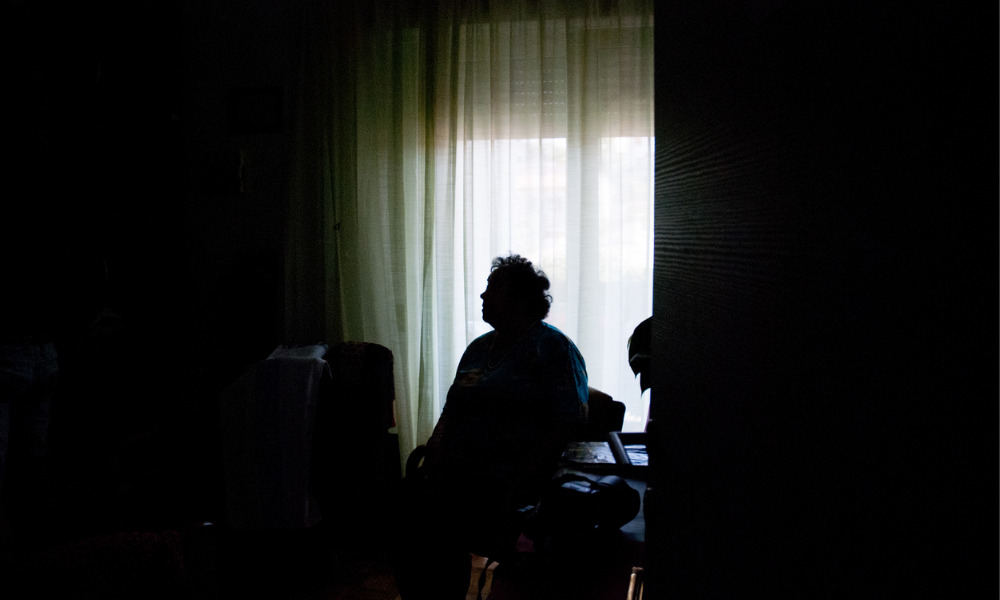
Study shows that 42 per cent of respondents cannot recognize signs of financial abuse of seniors

Deb Schulte, Canada’s minister of seniors, has announced the launch of consultations to establish a federal policy definition of senior abuse, which will promote and support awareness and prevention activities, program and service delivery and data collection.
The consultation was announced during an event organized by CanAge, Elder Abuse Prevention Ontario and the Canadian Network for the Prevention of Elder Abuse to mark World Elder Abuse Awareness Day on June 15.
“Senior abuse has harmed too many older people in Canada for too long, and more people are at risk as the population ages,” said Schulte in the news release.
The consultations, to be participated in by experts, stakeholders and Canadians, include an online portal that will close on July 22; two virtual national roundtables, hosted by Schulte, David Lametti, federal justice minister and attorney general, and Stéphane Lauzon, parliamentary secretary to the minister of seniors, on June 22; and five virtual regional roundtables hosted by Lauzon in collaboration with the National Seniors Council.
Following the end of the consultations, the federal government plans to release a report about the feedback it has heard and to submit a draft definition to its partners for further insights before the definition is officially released.
The news release stressed that seniors suffer physical abuse, sexual abuse, psychological abuse, financial abuse and neglect, often committed by someone in a position of trust over them, and that efforts to address this issue have been hampered by the COVID-19 pandemic, which has isolated many seniors, and by the lack of a single accepted definition of senior abuse in Canada or around the globe.
“The creation of a federal policy definition will provide a shared understanding of senior abuse across the federal government to support culture change and public awareness in support of efforts to prevent senior abuse,” said Lauzon.
“Creating a federal definition of senior abuse will improve the tools we have at hand to better the lives of our seniors,” said Lametti.
Also on June 15, the Canadian Securities Administrators released the results of a survey that found that almost 29 per cent of respondents knew a victim of financial elder abuse, while 47 per cent knew where to report cases of abuse and 42 per cent could not recognize the signs of financial abuse.
“Checking in regularly with the older adults in our lives about their finances – no matter their financial situation – is critical to raise awareness of financial abuse and ultimately help prevent it,” said Louis Morisset, chairperson of the Canadian Securities Administrators and president and chief executive officer of the Autorité des marchés financiers, in the news release.
The securities regulators’ news release said that financial abuse is the most common form of elder abuse, usually happens over an extended period of time and may consist of the use and/or control of the senior’s money or investments through undue pressure, illegal or unauthorized acts.
Securities regulators across Canada have been working on numerous initiatives throughout June to assist Canadians in identifying, preventing and responding to the financial abuse of seniors, in recognition of World Elder Abuse Awareness Day.